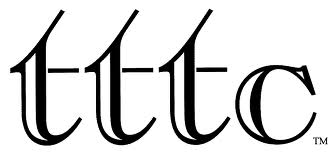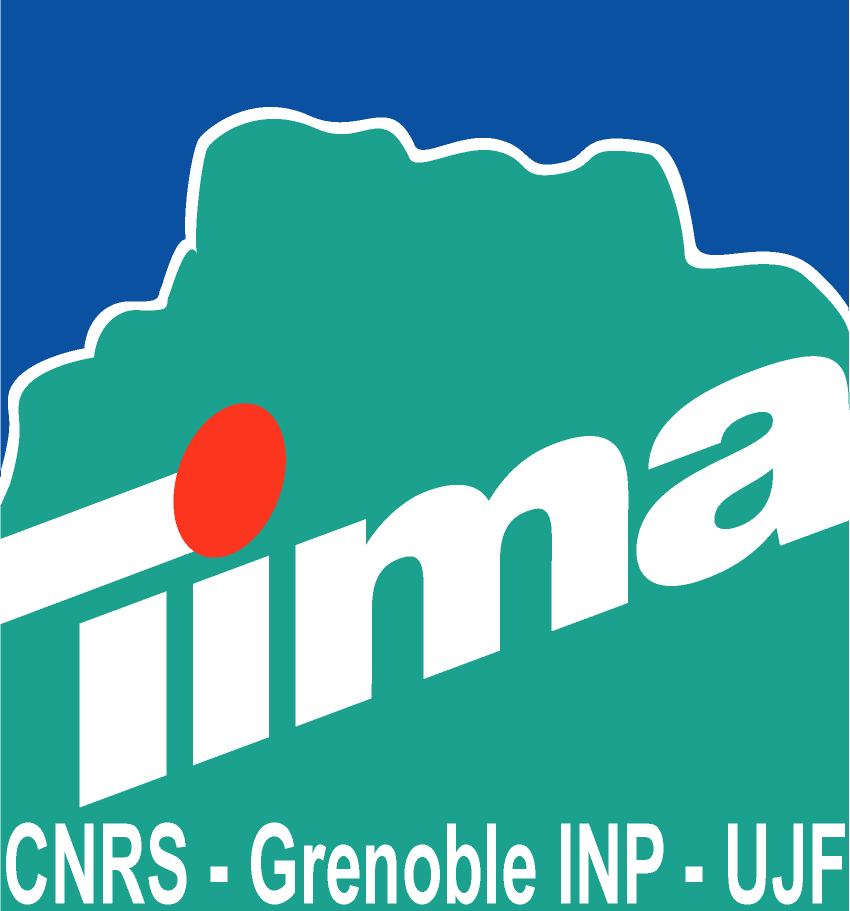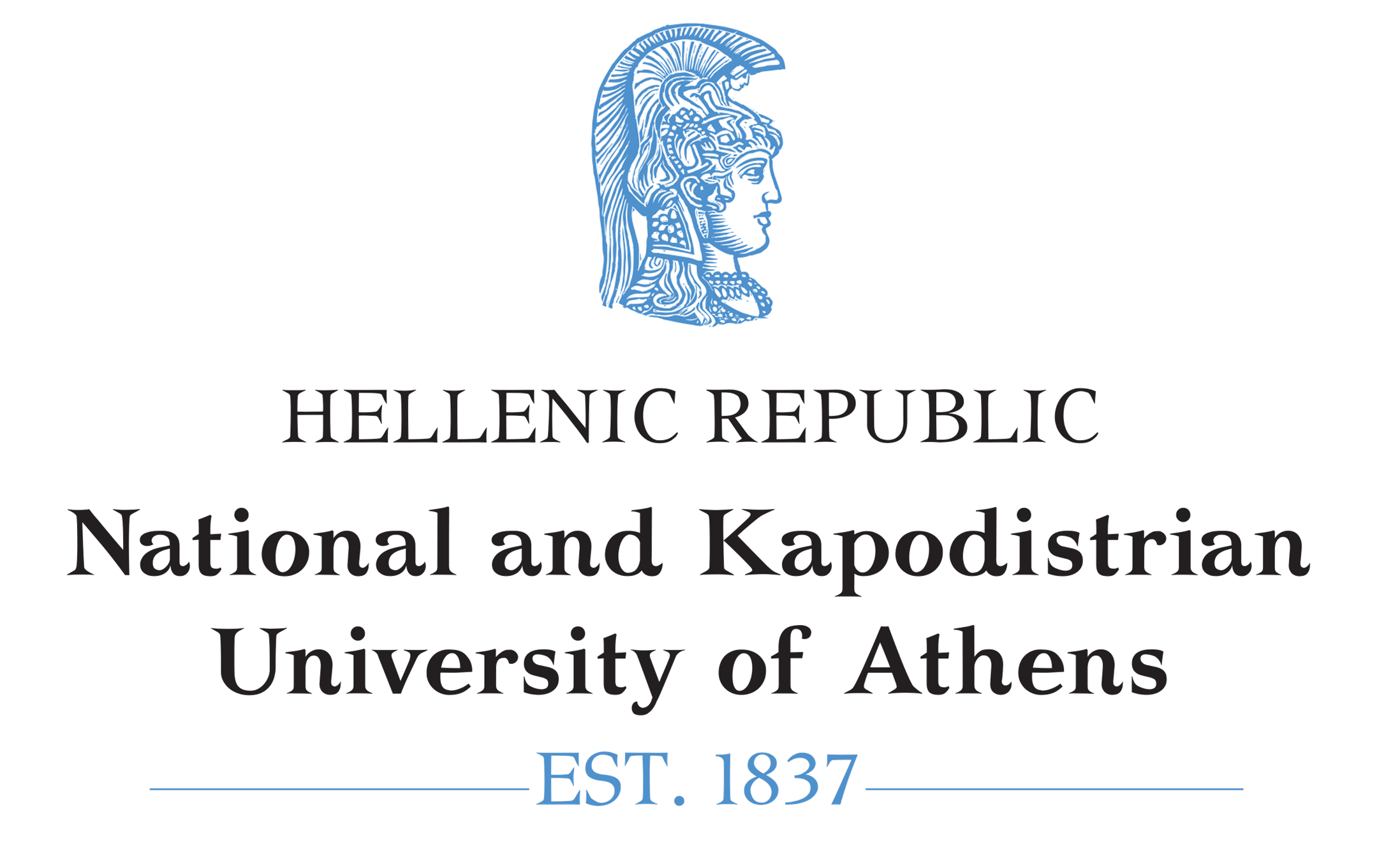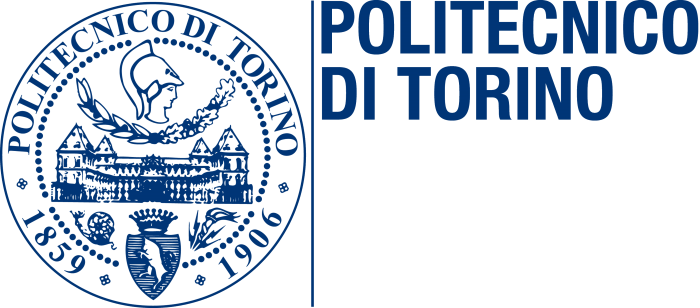26th IEEE International Symposium on On-Line Testing and Robust System Design
Starting from July 13, 2020. First Virtual Edition.
Breaking news
IOLTS 2020 virtual edition is now open for all registered user at https://www.iolts2020virtual.cloud/.If you still have to register there is still time. The live opening keynote session starts on July 13th, 2020 starting at:
- 08:00AM PDT (Los Angeles,CA, USA)
- 11:00AM EDT (New York,NY, USA)
- 05:00PM CEST (Rome, Italy)
- 11:00PM CST (Beijin, China)
- 12:0012 midnight JST (Tokyo, Japan)
“As a result of the COVID-19 outbreak, the IOLTS Organizing and Steering Committee has decided to transform the event into a virtual conference.”.
Many conferences have gone virtual this Spring being each one a unique experiment on its own.
While missing the pleasure of meeting the community and enjoying face to face discussion with colleagues, virtual events offer unique opportunities. You can enjoy embedded collaboration facilities, chats, comments, ask questions to speakers and get answers from the first hand all from the comfort and safety of your home. The VIRTUAL format provides an unprecedented chance to “attend” from any part of the world each and every conference talk, make a break, rewind the video and see it again.
The kick-off of the conference remains July 13th. Additional details (conference duration, access mode, etc.) including registration instructions will be available soon on this website.
Hope to meet you online at the conference.
Stefano Di Carlo and Michael Nicolaidis
IOLTS 2020 General Chair
Dimitris Gizopoulos and Dan Alexandrescu
IOLTS 2020 Program Co-Chairs
About
Issues related to On-line testing techniques, and more generally to design for robustness, are increasingly important in modern electronic systems. In particular, the huge complexity of electronic systems has led to growth in reliability needs in several application domains as well as pressure for low cost products. There is a corresponding increasing demand for cost-effective design for robustness techniques. These needs have increased dramatically with the introduction of nanometer technologies, which impact adversely noise margins; process, voltage and temperature variations; aging and wear-out; soft error and EMI sensitivity; power density and heating; and make mandatory the use of design for robustness techniques for extending, yield, reliability, and lifetime of modern SoCs. Design for reliability becomes also mandatory for reducing power dissipation, as voltage reduction, often used to reduce power, strongly affects reliability by reducing noise margins and thus the sensitivity to soft-errors and EMI, and by increasing circuit delays and thus the severity of timing faults. There is also a strong relation between Design for Reliability and Design for Security, as security attacks are often fault-based.
The International Symposium on On-Line Testing and Robust System Design (IOLTS) is an established forum for presenting novel ideas and experimental data on these areas. The Symposium is sponsored by the IEEE Council on Electronic Design Automation (CEDA) and the 2020 edition is organized by the IEEE Computer Society Test Technology Technical Council, the Politecnico di Torino, the University of Athens, the TIMA Laboratory, and iRoC Technologies.
Registration
| Author (IEEE Member) | € 160,00 |
| Author (IEEE Non-Member) | € 192,00 |
| Virtual Attendee (IEEE Member) | € 50,00 |
| Virtual Attendee (IEEE Non Member) | € 60,00 |
| Virtual Attendee (Student IEEE Member) | € 35,00 |
| Virtual Attendee (Student IEEE Non Member) | € 42,00 |
| Virtual Attendee (IEEE Lifetime Member) | € 35,00 |
Topics
The topics of interest include (but are not limited to) the following ones:- Dependable system design
- Dependable Computer Architectures
- Design-for-Reliability
- Design for Reliability approaches for Low-Power
- Cross-layer reliability approaches
- Fault-Tolerant and Fail-Safe systems
- Functional safety
- Self-Test and Self-Repair
- Self-Healing design
- Self-Regulating design
- Self-Adapting design
- Reliability issues of Low-Power Design
- Robustness evaluation
- Quality, yield, reliability and lifespan issues in nanometer technologies
- Variability, Aging, EMI, and Radiation Effects in nanometer technologies
- On-line testing techniques for digital, analog and mixed-signal circuits
- Self-checking circuits and coding theory
- On-line monitoring of current, temperature, process variations, and aging
- Power density and overheating issues in nanometer technologies
- Field Diagnosis, Maintainability, and Reconfiguration
- Design for Security
- Fault-based attacks and counter measures
- Design for Robustness for automotive, railway, avionics, space, large industrial applications, IT infrastructure, cloud computing, and wired, cellular and satellite communications
- CAD for robust circuits design
Important Dates
Paper submission
The IOLTS Committee invites authors to submit papers in the technical areas described in the Call for Papers. Accepted papers and posters will be included in formal Proceedings to be published by the IEEE. Papers must be submitted electronically using the standard IEEE conferences two-column format (which can be found here). Submitted papers must be no longer than six pages. Accepted, regular papers will be allowed six pages in the IEEE proceedings of IOLTS and posters will be allowed two pages.
The IOLTS system submission portal is available at the following link (click)
Organization
General Chairs
- Stefano DI Carlo, Politecnico di Torino, Italy (stefano.dicarlo@polito.it)
- Michael Nicolaidis, TIMA Laboratory, Grenoble, France (michael.nicolaidis@univ-grenoble-alpes.fr)
Program Chairs
- Dimitris Gizopoulos, University of Athens, Athens, Greece (dgizop@di.uoa.gr)
- Dan Alexandrescu, iRoC Technologies, Grenoble, France (dan.alexandrescu@iroctech.com)
Venue

In 2020, IOLTS in Naples, had to be replaced by a virtual event as a result of the worldwide COVID-19 outbreak. Even if the virtual event won't be able to reproduce the magic of a beautiful location like Naples we are sure the quality and the strength of the technical program will be preserved.
Sponsors and supporters
Sponsors


Supporters




Contacts
Submission informaion:
- Dimitris Gizopoulos
University of Athens, Athens, Greece
Tel: +30 210 7275145
Email: dgizop@di.uoa.gr - Dan Alexandrescu
iRoC Technologies, Grenoble, France
Tel:+33 (0) 4 38 12 07 63
Email:dan.alexandrescu@iroctech.com
General information:
- Stefano Di Carlo
Politecnico di Torino, Torino, Italy
Tel: +39 011 090 7080
Email: stefano.dicarlo@polito.it - Michael Nicolaidis
TIMA Laboratory, Grenoble, France
Tel:+33 (0) 4 76 57 46 96
Email:michael.nicolaidis@univ-grenoble-alpes.fr
Commiteee
Organizing Committee
- General Chairs
- Stefano Di Carlo - Politecnico di Torino
- Michael Nicolaidis - TIMA
- Program Chairs
- Dimitris Gizopulos - University of Athens
- Dan Alexandrescu - iRoC
- Vice General Chairs
- Yervant Zorian - Synopsys
- Antonis Paschalis - University of Athens
- Vice Program Chairs
- Ramon Canal - UPC
- Mihalis Maniatakos - NYUAD
- Topic Chairs
- Patrick Girard - LIRMM
- Muhammad Shafique - TU Wien
- Florian Cacho - ST Microelectronics
- Abhijit Chatterjee - Georgia Tech
- Gurgen Harutyunyan - Synopsis
- Marco Ottavi - U Roma Tor Vergata
- Publication Chairs
- Maria Michael - U Cyprus
- George Papadimitriou - University of Athens
- Finance Chair
- Alessandro Savino - Politecnico di Torino
- Publicity Chair
- Alberto Carelli - Politecnico di Torino
- Registration Chair
- Luca Cassano - Politecnico di Milano
- Liaisons
- (Europe) Alberto Bosio - Ecole Centrale de Lyon
- (US) Naghme Karimi - UMBC
- (India) Rubin Parekhji - Texas Instruments
- (Japan) Liaison Kazutoshi Kobayashi - Kyoto Institute of Technology
- (China) Xiaowei Li - Chinese Academy of Science
- (Latin America Liaison) Ricardo Reis - UFRGS
- Local Arrangment Chair
- Marcello Traiola - Ecole Centrale de Lyon
Program Committee
- Jaume Abella - BSC
- Jacob Abraham - U Texas at Austin
- Dan Alexandrescu - IROC Technologies
- Lorena Anghel - TIMA Laboratory
- Florence Azais - LIRMM
- Manuel Barragan - TIMA
- Bernd Becker - U Freiburg
- Mounir Benabdenbi - TIMA Laboratory
- Paolo Bernardi - Politecnico di Torino
- Alberto Bosio - U Lyon
- Florian Cacho - ST Microelectronics
- Ramon Canal - UPC
- Luca Cassano - Politec. di Milano
- Abhijit Chatterjee - Georgia Tech.
- Mariane Comte -LIRMM
- Jose' Machado da Silva - FEUP
- Stefano Di Carlo - Politec. Di Torino
- Giorgio Di Natale - TIMA
- Shrikanth Ganapathy - AMD
- Georg Georgakos - Infineon
- Patrick Girard - LIRMM
- Dimitris Gizopoulos - U Athens
- Joao Goes -U. N. de Lisboa
- Arnaud Grasset - Thales
- Siva Kumar Sastry Hari - NVIDIA
- Gurgen Harutyunyan - Synopsys
- Alkis Hatzopoulos -AUTH
- Sybille Hellebrand - U Paderborn
- Jiun-Lang Huang - N. Taiwan U.
- Ravishankar Iyer - U Illinois
- Maksim Jenihhin - Tallinn U Technology
- Li Jiang - Shanghai Jiaotong University
- Hailong Jiao - Peking University
- Bozena Kaminska - Simon Frazer U.
- Georgios Karakonstantis - QUB
- Haruo Kobayashi - Gunma U.
- Nektarios Kranitis - U Athens
- Regis Leveugle - TIMA Laboratory
- Huawei Li - Chinese Academy of Science
- Xiaowei Li - Chinese Academy of Science
- Celia Lopez-Ongil - University Carlos III de Madrid
- Marie-Minerve Louerat - LIP6
- Amitava Majumdar - Xilinx
- Yiorgos Makri - UT Dallas
- Michail Maniatakos - NYUAD
- Nele Mentens - Katholieke Universiteit Leuven, ESAT
- Maria Michael - U Cyprus
- Antonio Miele - Politec. di Milano
- Linda Milor - Georgia Tech
- Salvador Mir - TIMA Laboratory
- Shafique Muhammad - TU Wien
- Michael Nicolaidis - TIMA Laboratory
- Dimitris Nikolos - U Patras
- Marco Ottavi - U Roma
- Sujan Pandey - Huwaei
Steering Committee
- Jacob Abraham U. Texas at Austin
- Dan Alexandrescu - iRoC
- Abhijit Chaterjee - GeorgiaTech
- Dimitris Gizopoulos - U. Athens
- Cecilia Metra - U. Bologna
- Michael Nicolaidis - TIMA
- Antonis Paschalis - U. Athens
- Kaushik Roy - Purdue U.
- Matteo Sonza Reorda - Politecnico di Torino
- Yervant Zorian - Synopsy
